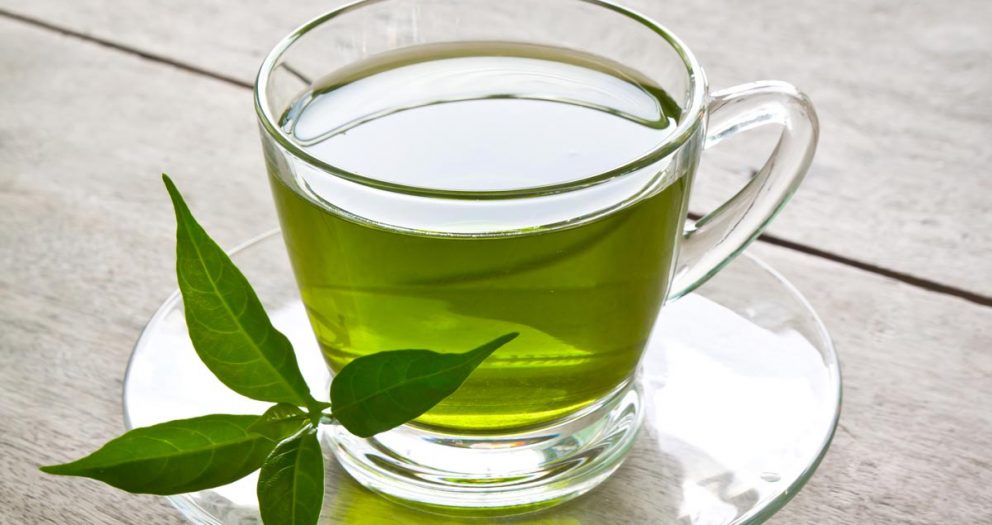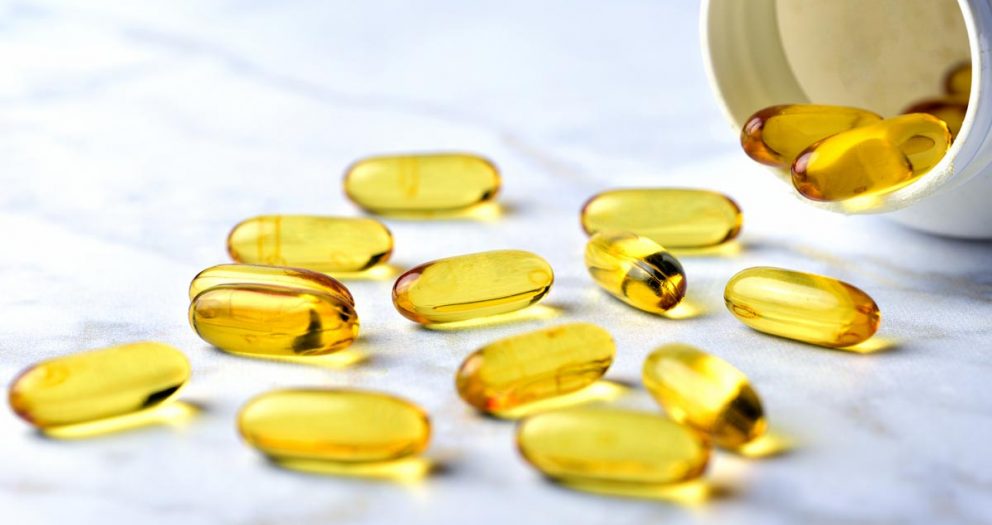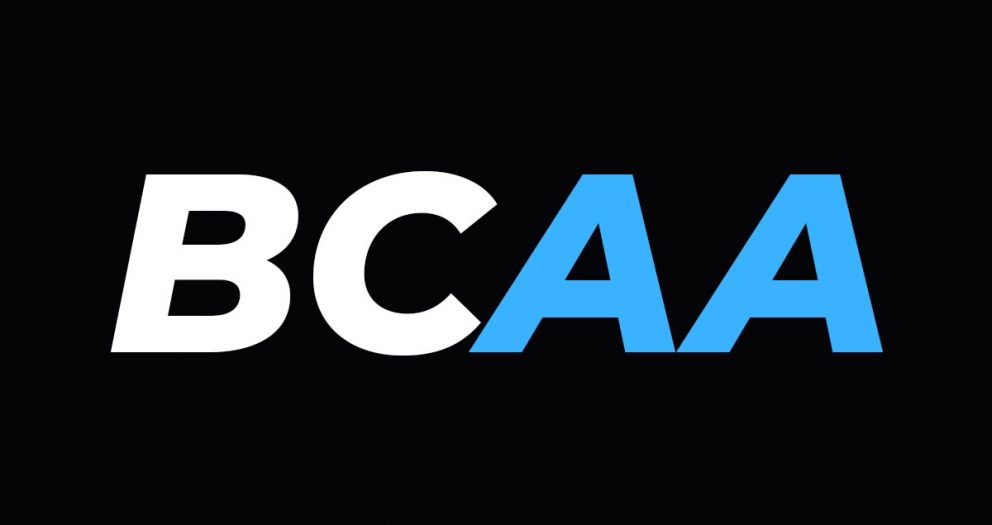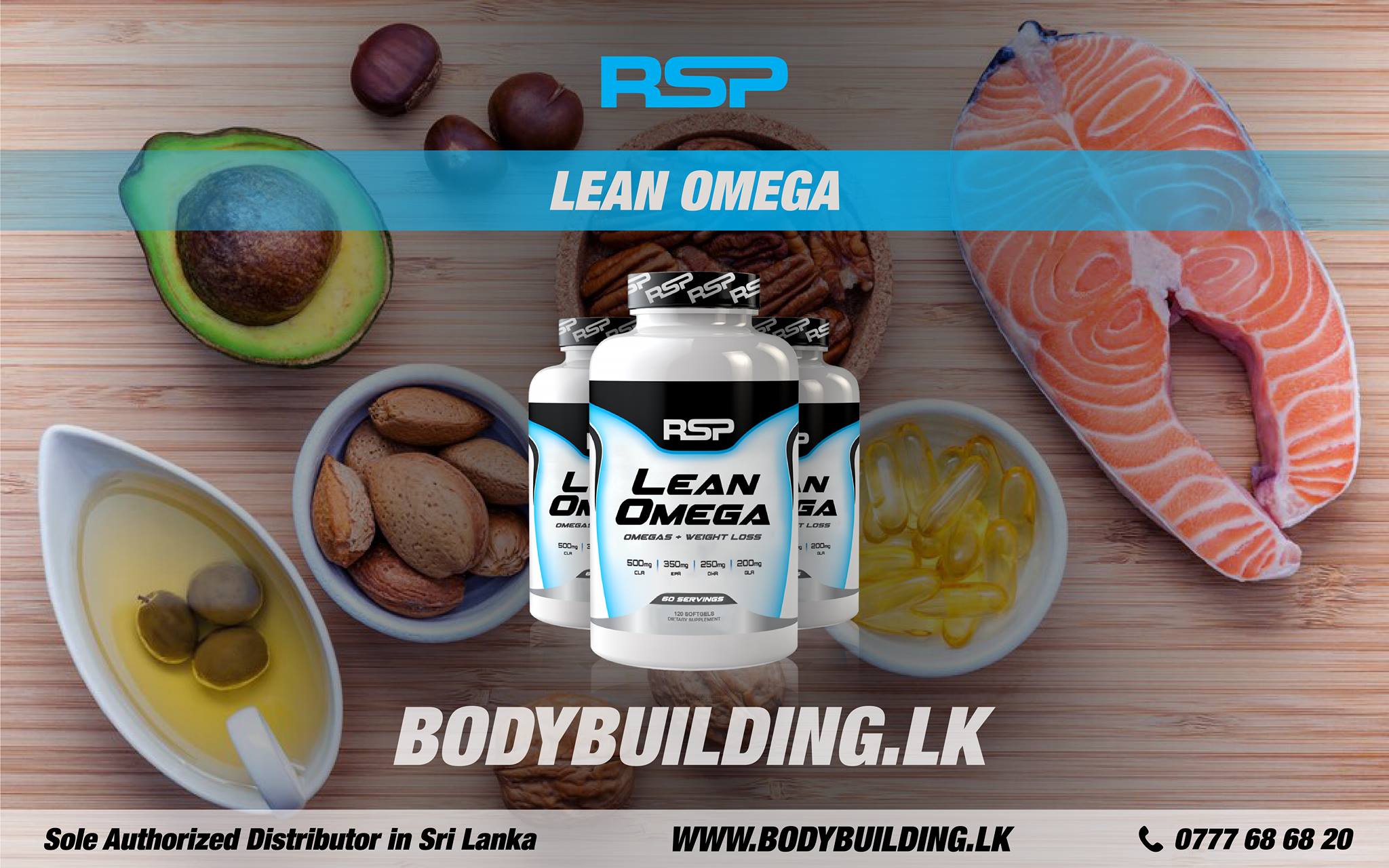When the editors at Muscle & Strength asked me to write an article on “Healthy Poor College Student’s Diet Guide to Gains” I got a good hearty chuckle because I might one of the best people on the planet to write this article…
Why do I boast such a claim?
Well, because I was in school forever.
Remember that scene from Tommy boy where Chris Farley says, “You know, a lot of people go to college for 7 years” and David Spade responds, “I know, they’re called doctors”.
Yeah, that was me, but I actually did become a doctor.
So living on either my summer paycheck or a graduate stipend of about $400 a month for almost a decade gave me quite the insight on eating healthy on the cheap.
I also did manage to add about 15 pounds of lean mass during graduate school so I also know how to get some calories on the cheap.
Virtually all these tips fall under the following umbrella: buy in bulk and cook for yourself. This is the easiest way to save money and ensure you always have food, even when the funds get really, really, really low (like you have to check your bank account on $0.25 taco Tuesday low).
Since I am a super logical, organized person let me structure this by macro category since that is how we all think anyway.
Long-shelf life “healthy” carbs
1. Oatmeal: Oatmeal lasts forever, like literally forever and when you talk about high quality carbs there is almost no better bang for your buck. I used to go to Winco when they had oatmeal on sale for like $0.59 cents a pound and would buy about 30 pounds at a time. That was about 4 month’s worth of breakfast and snack carbs.
It also had the benefit of being portable, microwaveable, and mixable with whey protein. Even now that I have a real job I still do this. When the local store has it on sale I buy obscene amounts of oatmeal. It makes no sense not too.
2. Squash: Starchy squash like acorn squash and butternut squash are actually a pretty decent calorie source and they have the added bonus of being super high in vitamin A and C (I have a funny story about this, if you ever meet me in person ask me about it). They also last for months in your pantry, kitchen counter, or closet if you get really desperate.
In the fall they are in season and you can usually find them absurdly cheap. My first fall as a PhD student the local grocery story had a giant bin of acorn squash for $0.49 cents a pound. I literally loaded an entire shopping cart full. Dropped $80 on squash and ate that for lunch and dinner almost every day for about 6 months.
It is super versatile so you can roast it, sauté it, fry it, turn it into soup, etc.
3. Rice: Rice is also an awesome bulk item as it has a really long shelf life and if you buy it in bulk from Costco you can get enough rice for a year for like $100-200 bucks.
The best thing about rice is the stir-fry it goes with. If you can’t whip up a stir-fry that is interesting enough to eat 2-3 nights a week… you got serious problems I can’t begin to solve.
Protein on the Cheap
Protein is often what breaks the bank but there are a few really good ways to go about this depending on your living situation.
1. Split an animal with someone: In almost any part of the country you can buy an entire animal and split it amongst 2-4 people and have enough protein to last you an entire semester.
One year in undergrad when we had a large freezer, the roommates and I all chipped in and bought an entire cow for about $800 dollars and we ended up with about 250-275 pounds of meat which meant we spent about $3 per pound for the whole semester of high quality protein sources.
2. Buy on sale: This piece of advice is something I still use post below the poverty line days. When I shop I go to the meat department, find the high-quality protein source on sale, and buy several weeks’ worth.
I go home, batch cook about a weeks’ worth of meals and then freeze the rest for later. This also helped me rotate so some weeks I would eat a lot of chicken, the next a lot of beef, then fish, then pork.
3. Protein Powder: You might think protein powders can be expensive but often times they come out to less than $1 a serving and you get more grams per dollar than you do from any sort of whole food.
Obviously you don’t want to live on protein powder alone but having this as a good protein source is pretty key.
4. Load up on Eggs: Eggs are also an incredibly cheap source of protein. If you buy the standard eggs at Costco or even a local grocery story you can essentially get them for like $0.10-$0.11 per egg.
Now you can go ahead and pay like $5.99 for organic, free-range, omega-3 eggs…. Or you can realize a few years of eating eggs that aren’t the Mercedes of eggs probably won’t be what drives you to an early grave.
High Quality Fats without Breaking the Bank
One area that you have to shell out a little bit more will be fats. This is because high quality fats do cost more and there isn’t a solid way around it but there are some things you can do save some scratch.
1. Peanut Butter: Look, peanut butter is a good source of fat and it’s like 1/10th the price of almond butter. You actually don’t win any health points or cool points eating almond butter…. I actually tested that theory once, but I digress.
When it comes to peanut butter stick for the more “natural options” as you get more micronutrients and avoid cheap added sugars and additional oils that just don’t do anything beneficial. You can buy those huge jars of Adam’s peanut butter from Costco or even the local grocery store for like $9 bucks or something absurdly cheap.
Now I know stirring that stuff is a pain but this video will literally solve all your problems. Also, if you store it in the fridge after you power tool the crap out of it, poof, no stirring it ever again.
2. Olive Oil: I get it. Coconut is all the rage but honestly, the health properties of a quality, cold-pressed olive oil are usually better than coconut oil. It is also substantially cheaper and can be used to make homemade salad dressings with mustard, red wine vinegar, salt and pepper (two birds one stone).
Related: Can Nutrition Actually Boost Your Testosterone Levels?
Buy large bottles in bulk and store in it a cool area like the pantry and you can get by for like 60 months with a 20 dollar bottle. I would probably minimize the canola oil just to hedge your bets as olive oil has a better fatty acid and small molecule profile for health than most other processed vegetable oils.
Treat yo’self on occasion
Life is short and food is a pleasure to enjoy so you should splurge every once and a while. When I was in graduate school living that bachelor, 80 hour work week, ain’t got time for women life, I would set aside $10 a week and at the end of every month I would go out and treat myself to a fancy ass dinner.
Like I would roll in solo, sit at the bar, order a nice drink, an appetizer, a steak, and dessert and live like a king. It was one of the best things I did for myself and it was something I always looked forward to.
It also helped me keep perspective when I was grocery shopping.
These skills last forever
The days of being in college with minimal income don’t last forever; the power of a dollar saved does.
These skills not only let you eat pretty darn well in college they will also cut your grocery bill in half after college.
That means you will have more money to save for a house, a car, or early retirement. I still use these skills today.






